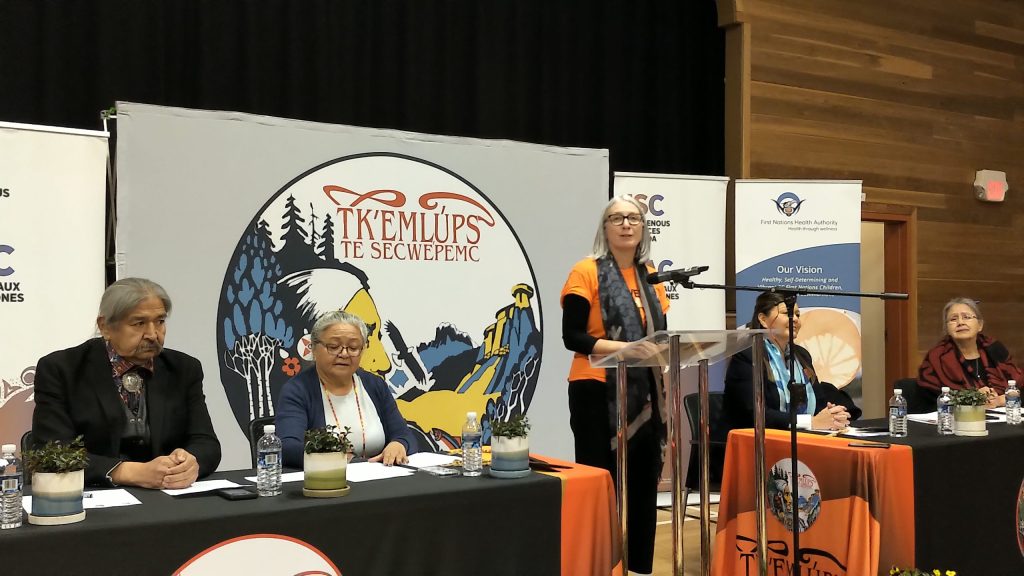
Canada’s Indigenous Services Minister says a large portion of the $55 million spent on the Pope’s visit to Canada last year went to support residential school survivors.
Minister Patty Hajdu confirms that of the $ 55 million, Indigenous Services Canada spent just over $ 30 million towards providing a “huge bulk” of the mental health support during the six-day visit by Pope Francis in July.
“From my perspective, every penny that we spent to support First Nations people through this experience was worth it.”
“All of those kinds of supports for First Nations people that were either attending events or impacted by events. A lot of work happening in communities to prepare and to prepare families so that is actually live people who are being paid salaries to be there and to help and to deliver programming.”
Documents show Indigenous Services Canada earmarked around $30 million for the visit, Crown-Indigenous Relations spent 5.1 million, RCMP spent more than $ 18 million, and Global Affairs Canada spent over two million dollars.
Hajdu says the federal government needs to take on the role of providing continued resources to ensure First Nations people have the supports they need for healing, truth, and reconciliation.
“It was the government of Canada who hired the churches to run the schools and that provided the support, financially and policy-wise, to do that; so we have a role to play, and that role will continue as reconciliation continues.”
Pope Francis made stops in Alberta, Quebec, and Nunavut in July where he apologized for the Catholic Church’s role in residential schools, something Hajdu says was a very emotional experience.
“I was in Maskwacis (Alberta) when the Pope delivered his apology and it was outside of course a stadium full of survivors and families,” she said.
“It was quite frankly, one of the most emotionally intense experiences in my political career to be amongst so many survivors and so many families who have had their lives ripped apart as a result of the experience of colonialism, including residential schools and the impact of the church, interwoven and all of that.”
